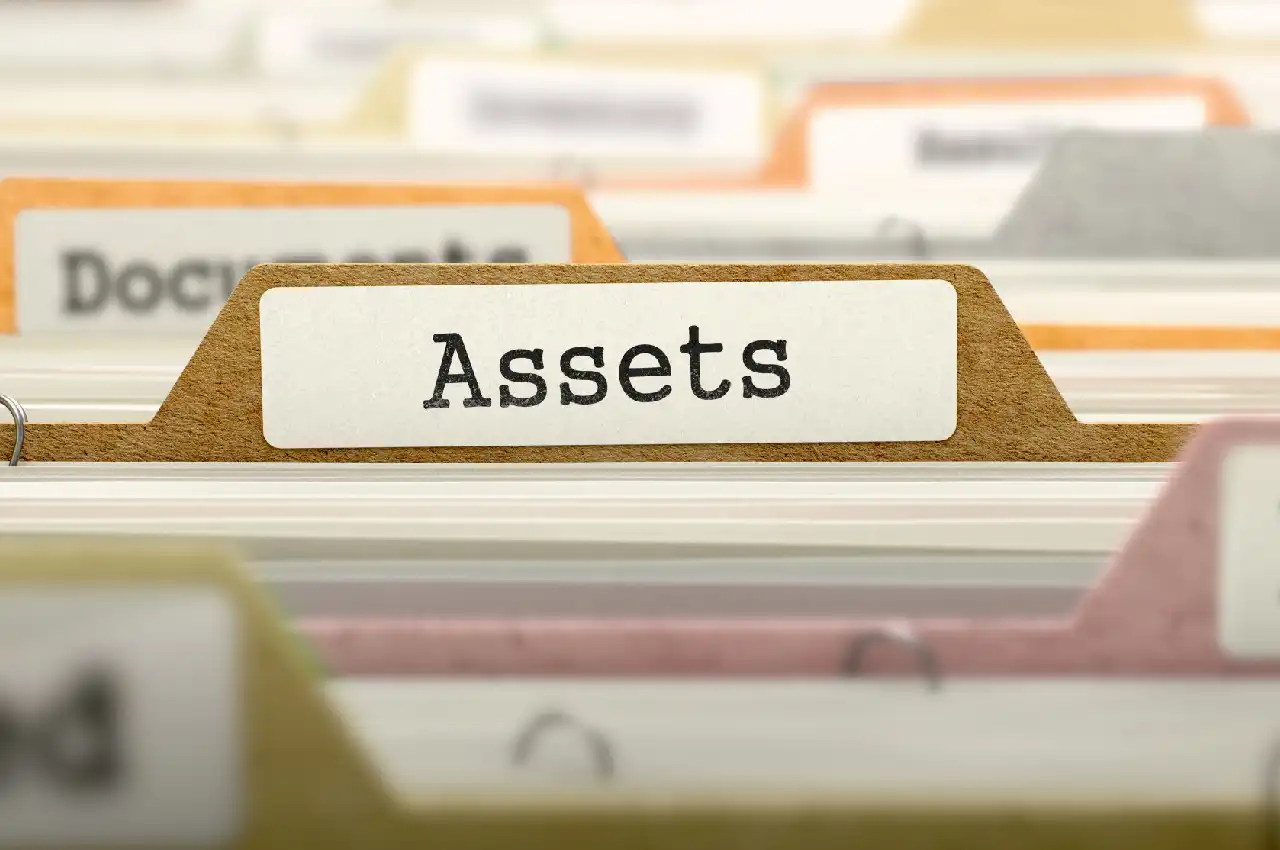NEWS
Is a Risky Asset Worth It in the End?

Sometimes the risk pays off. Sometimes it doesn’t. Which category does a risky asset belong in?
When it comes to investing, you need access to different types of assets. You need to consider what is going to work best for your needs. That way, you can build a portfolio that is aligned with your risk tolerance level.
Keep reading to learn more about the benefits and drawbacks to consider when you are making your investment choices.
Advantages of Risky Assets
Risky assets are investments that come with a higher level of uncertainty and volatility. However, they also offer several advantages that can make them attractive to investors willing to take on more risk.
Higher Potential Returns
The primary advantage of investing in risky assets is the potential for higher returns. While the stock market can experience significant volatility, it has historically outperformed more conservative investments over the long term. By taking on greater risk on assets, investors have the chance to reap greater rewards if their investments perform well.
Diversification Opportunities
By spreading investments across different asset classes and industries, investors can reduce the overall risk of their portfolio. Proper asset management and diversification help mitigate the impact of a single investment’s poor performance by offsetting it with the gains from other investments.
Disadvantages of Risky Assets
A high risk investment can offer the potential for high returns. However, it is essential to consider the disadvantages and risks associated with these investments.
Volatility and Uncertainty
Prices of stocks and other risky assets can fluctuate wildly, leading to potential losses if the market takes a downturn. The uncertainty associated with these assets can cause stress and anxiety for investors, especially those with a low tolerance for risk.
Higher Risk of Loss
Investing in risky assets involves the risk of losing a significant portion or even the entirety of the invested capital. While the potential for high returns exists, there is no guarantee of success. Economic downturns, company bankruptcies, or unexpected market events can result in substantial investor losses.
Should You Invest in a Risky Asset?
The decision to invest in risky assets ultimately depends on your personal financial goals, risk tolerance, and time horizon. Here are a few factors to consider when making this decision:
Risk Tolerance
Assess your comfort level with risk. If you have a low tolerance for potential losses, investing in a risky asset may not be suitable for you. On the other hand, if you can handle short-term market fluctuations and have a longer investment horizon, the potential rewards might be worth it.
Diversification
Consider the composition of your investment portfolio. If you already have a well-diversified portfolio with a mix of low-risk and high-risk assets, you may not need to allocate a significant portion of your capital to risky assets. However, if your portfolio lacks diversification, adding some risky assets can potentially enhance its performance.
Time Horizon
Evaluate your investment time frame. Risky assets are generally more suitable for long-term investors who can ride out market fluctuations and wait for potential gains. If you have a short-term financial goal or need access to your funds shortly, it might be wiser to opt for less volatile investments.
Make Smart Investments
Investing in a risky asset usually has its risks, but if done correctly, it can provide excellent returns. It is important to do your research and make sure you understand the risks you are taking. Taking risks can pay huge dividends in the end with a sensible approach to risk management and a balanced portfolio.
For more helpful guides, check out the rest of our website.
Having completed my education in English, I’ve cultivated a successful career as a content writer. My tenure includes valued collaborations with distinguished professional organizations, reflecting my commitment to producing high-quality content.
Contact me on this mail: [email protected]










